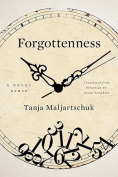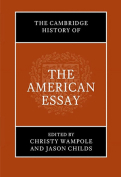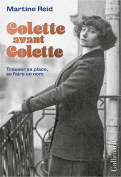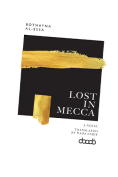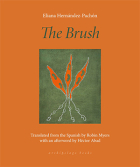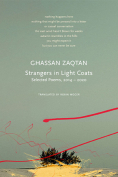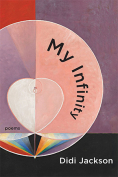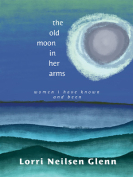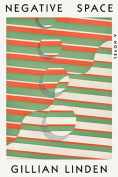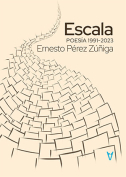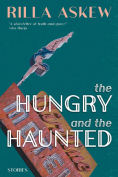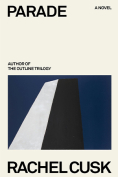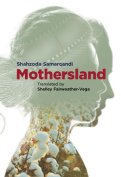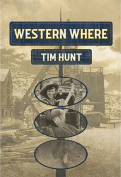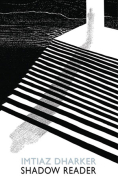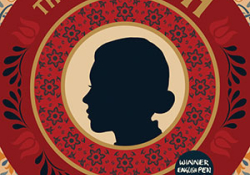Juja by Nino Haratischvili
 New York. Scribe. 2024. 279 pages.
New York. Scribe. 2024. 279 pages.
In Juja, one thread holds together many women’s stories: a short book written in 1953, Ice Age, by a mysterious author in Paris, Saré, that seems to be the root cause of several women’s deaths by suicide. The novel traces the book’s effect on its readers across several decades into the early 2000s (the book was first published in 2010 but is only now being translated into English). The reader gets snapshots of the chapbooklike text that often feels like a fever dream inspired by mythology and that can be inscrutable at times, which is the point of Ice Age. The storylines spin from this thread as readers try to make sense of the little book and the suicides—at least fourteen—of those who have read it.
The novel’s first part builds the women’s stories and describes the roots of their sadness and their seeking. They all come upon the book in different ways, but none of them has sought it out. The three main women characters have all suffered some kind of loss connected to mothering: pregnancy loss, stillbirth, and the murder of a child. Each of the characters reckons with the word “destruction” that was originally (purportedly) written on the wall of Saré’s grim apartment building. The novel’s second section begins to connect the women who remain alive as they arrive in Paris looking for answers regarding the existence of Saré herself and the power of the book on its readers, even though the book has been out of print for years, thanks to the efforts of a friend of one of the women who died by suicide, who took on erasing the short book as an act of feminism.
What they learn about the book does not answer all their questions, but what they discover does liberate them from the existential crises that brought them on the journey: they find peace after they have “unlearned love.” Francesca’s epiphany captures the theme of the novel: “we live in a state of constant loss, but in the midst of that there is also life.” This novel is full of life—so many lives that the reader must follow closely to keep track of each one—and brings the reader to a conclusion that does not satisfy the desire to know the truth about Saré but does offer the reader a reminder of how humans continue to live in the face of loss: with love.
Colleen Lutz Clemens
Kutztown University



